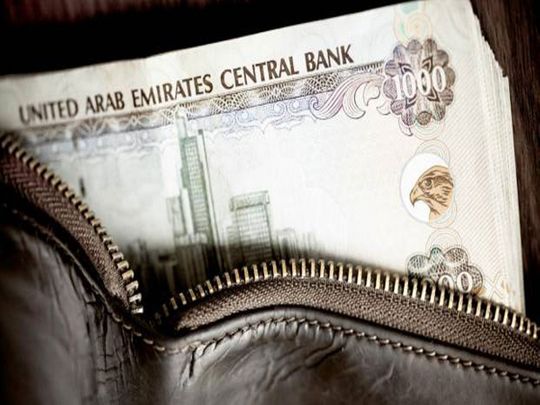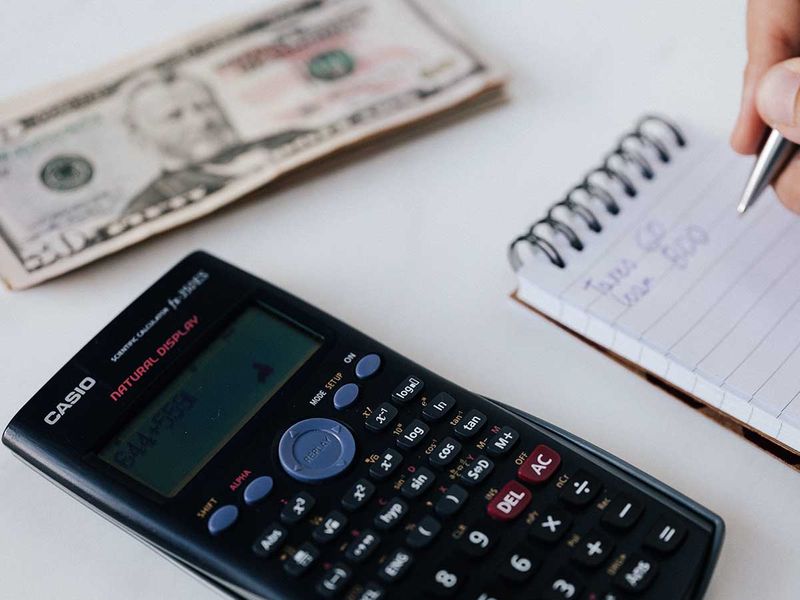
Probably the last thing you want to think about during a crisis is working on healthy financial habits like saving money. But if you're able to save, you can make your eventual recovery easier.
“Every time you put some (money) away, you're looking out for your future self,” says Saundra Davis, founder and executive director at US-based Sage Financial Solutions, a nonprofit that offers financial coach training and services to people across the wealth spectrum.
Whether or not your financial situation has changed since the start of 2020, you may benefit from these saving strategies now or down the road.
Every time you put some (money) away, you're looking out for your future self
DO: Reduce costs, including bills if needed
Common advice to save money is to cut unnecessary costs. During an ongoing crisis such as a pandemic, you might need to redefine what is "unnecessary''.
Start with the cost of bare essentials to operate your household - rent or mortgage, utilities, food - and when you factor bills in, don't treat them all the same. For example, paying your credit card bill in full every month is normally the best tactic, but in hard times, it's OK not to follow this rule and just pay the minimum. For loan payments, see if your creditor can offer relief.
“Don't have your lender deciding what you can pay,” Davis says. “Sketch out your own budget.” This might mean working with your lender to reduce payments or suspend them temporarily.
DO: Adjust your saving goals
Having a fixed amount to save up to is generally helpful. An emergency fund, for example, is a standard goal that involves building up three to six months' worth of living expenses. But during an emergency, consider resetting expectations.
If your income changes, you aren't beholden to saving a fixed amount.
“If your income changes, you aren't beholden to saving a fixed amount,” says LaKhaun McKinley, US-based certified financial planner and owner of the firm MNM Vested.
The way you save might need to be tweaked, too. If you use automatic transfers from checking to savings accounts, see if that amount is still doable for you. If not, reduce the amount. Or, as a last resort, cancel the transfers for the time being and make one-off transfers when possible.
When saving money, “the habit is more important than the amount,” Davis says.
DO: Find a high savings rate
Opening a high-yield savings account at an online bank is a good strategy, regardless of the economic environment. The account-opening process can take a few minutes.
Opening a high-yield account “can be such a simple way to earn more,” says Kelley Long, a certified financial planner.

DO: Get help from your community to save costs
If you're experiencing financial hardship, seek free ways to learn about resources in your community, including food banks, shelters, mental health services and more. If you've never asked for help like this before, it may feel uncomfortable. But accepting meals or other support can be an important lifeline as well as help you save money.
“We want to stay aware of what's available in the community and give ourselves the emotional room to do things we've never done before,” Davis says.
Some relief may be given in the country you are residing, but your local community might have additional resources.
DON'T: Dip into your savings without a plan
If you have an emergency fund and you need it now, use it. But estimate the amount you need before withdrawing, and keep tabs on how you spend it.
You'll eventually need to save up again, and you want to make that process manageable.
It might help to settle on a minimum amount you need to keep in a savings account to feel okay.
“Everyone has a different feeling (for) what would give them that security,” Long says. For some people, for example, “seeing a comma in your account can have a formative effect on your feeling of financial security.”
DON'T: Withdraw from savings too often
Keep an eye on the frequency with which you turn to your savings account.
“We might be overaggressive in savings goals. That's usually due to failing to account for certain expenses in our spending plan,” Long says.
“In a crisis,” she adds, “we need to remember that there are times that we can't be longterm in our thinking.”




_resources1_16a30b358e0_small.jpg)

